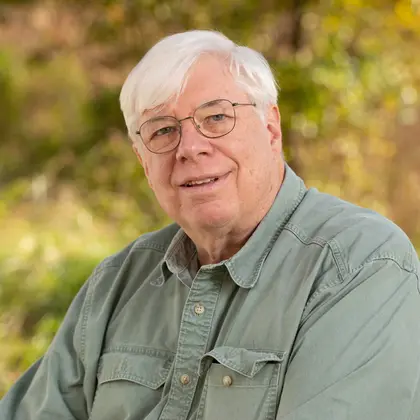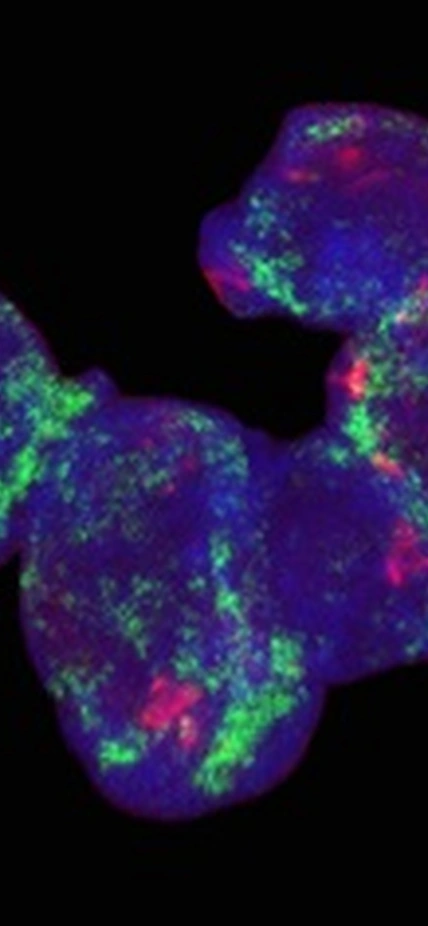
Baltimore, MD—Carnegie’s Allan Spradling, whose research pioneered major advances in stem cell science and reproductive biology, is one of three recipients of the 2024 Wiley Prize in Biomedical Science. The three investigators are recognized for their discovery of the stem cell niche—a micro-environment that controls stem cell identity.
Since 2002, the Wiley Foundation has recognized experts whose work has opened new fields of research or advanced new concepts in biomedical science. This year’s recipients—Spradling along with the University of Wisconsin Madison’s Judith Kimble and Raymond Schofield formerly of the Paterson Laboratories, the Christie Hospital and the Holt Radium Institute—will be awarded at the Rockefeller University’s Wiley Prize lecture on April 5.
“The Wiley Foundation honors research that not only offers breakthrough solutions to existing problems in biomedical sciences, but also fuels future discoveries,” said Deborah Wiley, Chair of the Wiley Foundation. “The work of the 2024 Wiley Prize recipients truly upholds this mission, laying the foundation for today's life-changing discoveries in the field of stem cell biology.”
Stem cell research emerged as a major field of inquiry in the 1990s, when it became possible to accurately map stem cells that maintain and repair specific tissues. Embryonic stem cells play a critical, but less understood, role in early cell differentiation in embryos and ovaries. Three decades later, biomedical solutions are just coming online that use this knowledge to revert a small sample of a patient’s cells back into primitive stem cells, which can later expand and differentiate into cell types that advance a therapeutic goal.
Working in a variety of organisms, the three awardees advanced scientific breakthroughs about hyper-localized environments, called “niches,” in which stem cells are maintained in a naive state. Spradling’s group described the first stem cell niche using ovary tissue from fruit flies and went on to define the molecular pathways by which niches regulate their resident stem cells. In particular, Spradling and his team found that stem cells regularly leave the niche and differentiate and are replaced when the niche takes up other cells and converts them into new stem cells to maintain a stable niche-stem cell system.
“Allan has been a driving force of discovery across the biomedical sciences for decades, adding to the store of human knowledge across several fields of investigation,” said Stephanie Hampton, Deputy Director of Carnegie’s Biosphere Sciences and Engineering division. “Congratulations to Allan on this recognition of his groundbreaking work in the field of stem cell science.”
Spradling studied mathematics and physics at the University of Chicago before switching to biology. He earned his Ph.D. at the Massachusetts Institute of Technology in 1975 and completed a postdoctoral fellowship at Indiana University. He joined Carnegie in 1980 and served as the director of the organization’s former Department of Embryology between 1994 and 2016.
Spradling is a member of the National Academy of Sciences, the American Philosophical Society, and the American Academy of Arts and Sciences. He has also been recognized with numerous awards and accolades, including March of Dimes Prize in Developmental Biology, the Gruber Foundation Medal in Genetics, and the Molecular Biology Award from the National Academy of Sciences.
